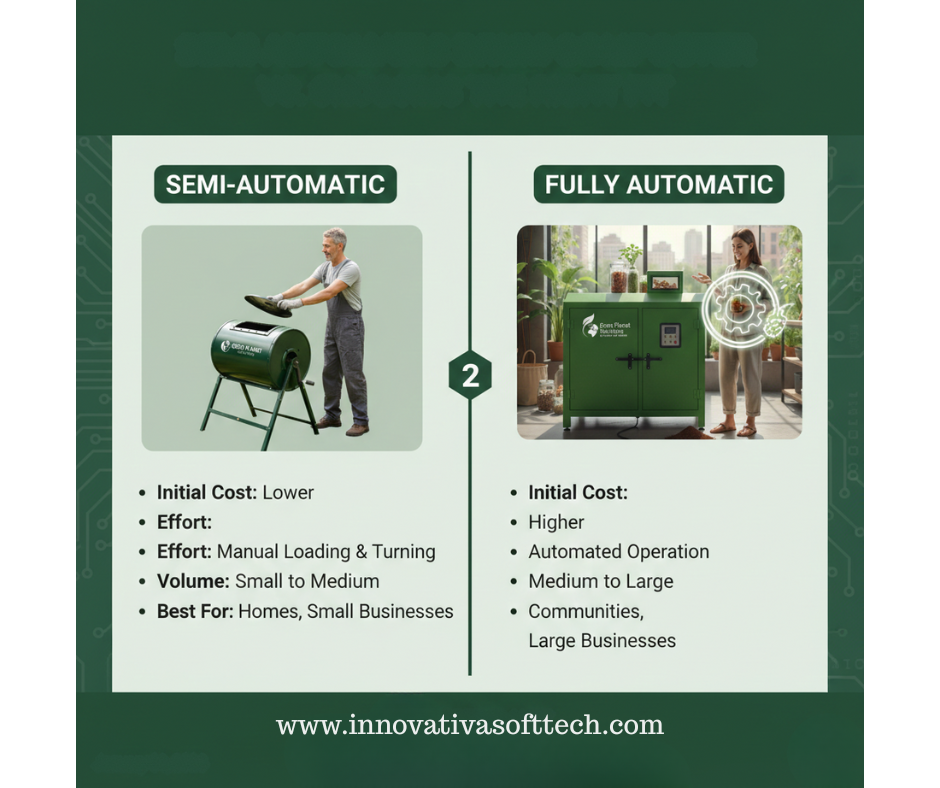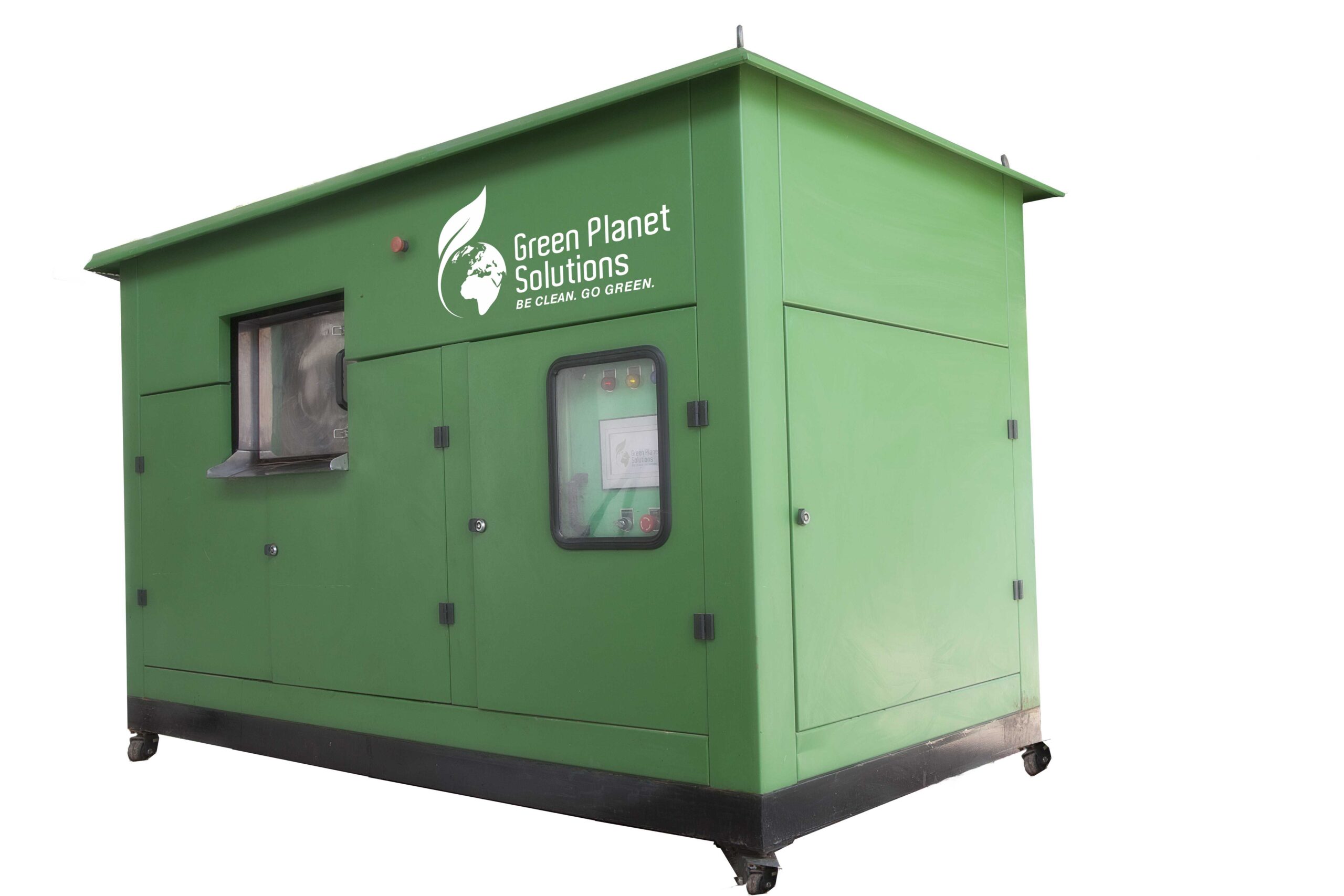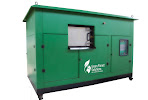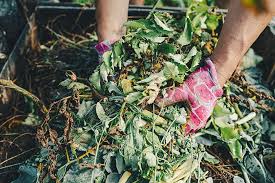Table Of Content
- Introduction
- Understanding the Basics: What is Composting?
- The Semi Automatic Drum Composter: Simple and Sturdy
- The Fully Automatic Composting Machine: The “Set and Forget” Solution
- Side-by-Side Comparison
- Frequently Asked Questions (FAQ)
- Conclusion
Introduction
In the journey toward a greener planet, managing waste effectively is the first big step we take. Whether you are a homeowner, a member of a housing society, or a business owner, you’ve likely realized that food waste doesn’t belong in a landfill—it belongs in the soil as nutrients. But how do you get it there? The two most popular solutions today are the semi automatic drum composter and the Fully automatic composting machine. Choosing between them can feel overwhelming, but understanding their differences is the key to a successful “Waste to Wealth” initiative.
Understanding the Basics: What is Composting?
However, before we proceed to the machines, let us keep things simple. Composting is the natural process of recycling organic materials such as leaves and food scraps into a fertilizer that can be used to enrich soil and plants. At Green Planet Solutions, we have the technology that makes this process faster, cleaner, and easier for everyone.
The Semi Automatic Drum Composter: Simple and Sturdy
The semi automatic drum composter is a fantastic entry-point for those who want to be involved in the process without the heavy lifting of traditional pits.
- How it Works: You load your organic waste into a high-quality green drum.
- Manual Effort: It requires a person to manually turn or rotate the drum periodically to ensure the waste gets enough oxygen (aeration).
- Cost-Effective: These are generally more affordable, making them a “lower initial cost” option for small businesses or homes.
- Capacity: Best suited for small to medium volumes of waste.
The Fully Automatic Composting Machine: The “Set and Forget” Solution
If you have a large amount of waste and very little time, the Fully automatic composting machine is your best friend.
- Hands-Off Operation: Once you put the waste in, the machine does everything else—shredding, heating, and mixing—automatically.
- Speed: Because it controls the environment (temperature and moisture) perfectly, it turns waste into compost much faster than manual methods.
- Space & Volume: These machines are built for medium to large volumes, making them perfect for large housing communities and big businesses.
- Cost: While the “initial cost is higher,” the labor savings and efficiency often make it a better long-term investment for big groups.
Side-by-Side Comparison
| Feature | Semi Automatic Drum Composter | Fully Automatic Composting Machine |
| Effort | Manual Loading & Turning | Fully Automated Operation |
| Initial Cost | Lower | Higher |
| Best For | Homes & Small Businesses | Communities & Large Businesses |
| Volume | Small to Medium | Medium to Large |
Frequently Asked Questions (FAQ)
1. Does composting smell bad? Not if done correctly! Both machines are designed to manage airflow. Fully automatic machines often have advanced filters to keep things smelling fresh.
2. Which one lasts longer? Both are built to be sturdy. The drum composter is simpler with fewer moving parts, while the automatic machine is built with high-grade industrial components.
3. What can I put in these machines? You can put in fruit peels, vegetable scraps, leftover cooked food, and even small garden waste like dry leaves.
4. How long does it take to get the final compost? The automatic machine can give results in just a few days to a week, whereas the drum composter might take a few weeks because it relies more on nature’s pace.
Conclusion
Choosing the right fit depends on your goals. If you have a small garden and enjoy being a bit “hands-on,” a semi automatic drum composter is a wonderful, budget-friendly choice. However, if you are part of a large society or office that wants the most efficient, fast, and easy way to go green, the Fully automatic composting machine is the ultimate winner. No matter which you choose, you are helping Green Planet Solutions turn waste into wealth and protecting our Earth!







